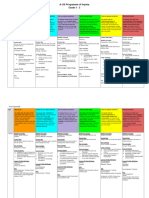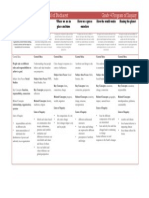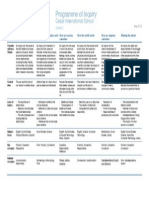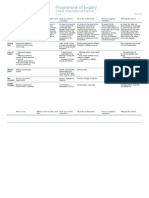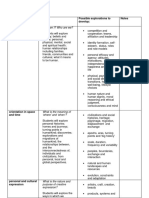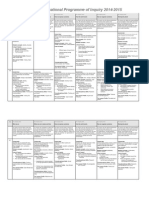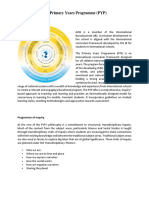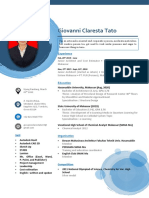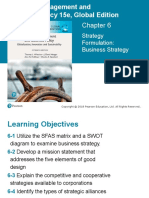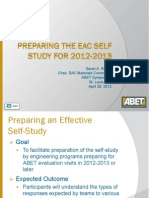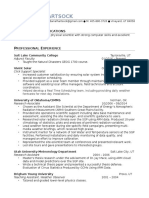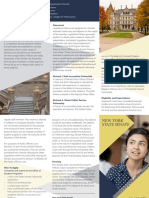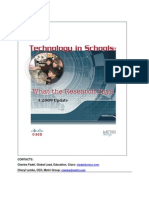0% found this document useful (0 votes)
20 views1 pageProgramofInquirySign Smallversion
The IB Primary Years Program features six transdisciplinary themes that allow students to explore local and global issues through in-depth inquiries. These themes encourage students to reflect on their roles as learners and engage actively in their education, with each theme being addressed annually across multiple weeks. The themes include 'Who We Are', 'Where We Are in Place and Time', 'How We Express Ourselves', 'How the World Works', 'How We Organize Ourselves', and 'Sharing the Planet'.
Uploaded by
divyanshipCopyright
© © All Rights Reserved
We take content rights seriously. If you suspect this is your content, claim it here.
Available Formats
Download as PDF, TXT or read online on Scribd
0% found this document useful (0 votes)
20 views1 pageProgramofInquirySign Smallversion
The IB Primary Years Program features six transdisciplinary themes that allow students to explore local and global issues through in-depth inquiries. These themes encourage students to reflect on their roles as learners and engage actively in their education, with each theme being addressed annually across multiple weeks. The themes include 'Who We Are', 'Where We Are in Place and Time', 'How We Express Ourselves', 'How the World Works', 'How We Organize Ourselves', and 'Sharing the Planet'.
Uploaded by
divyanshipCopyright
© © All Rights Reserved
We take content rights seriously. If you suspect this is your content, claim it here.
Available Formats
Download as PDF, TXT or read online on Scribd
/ 1






